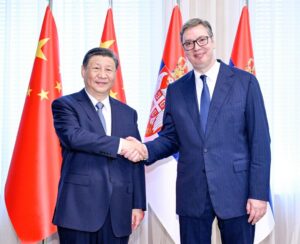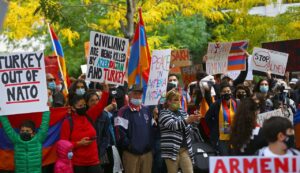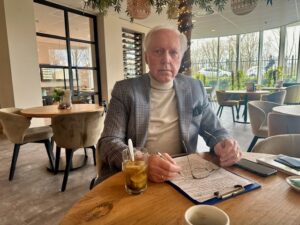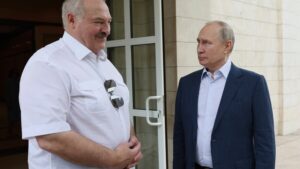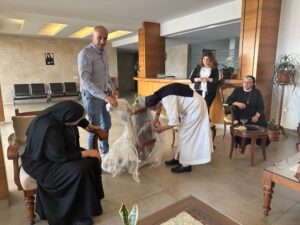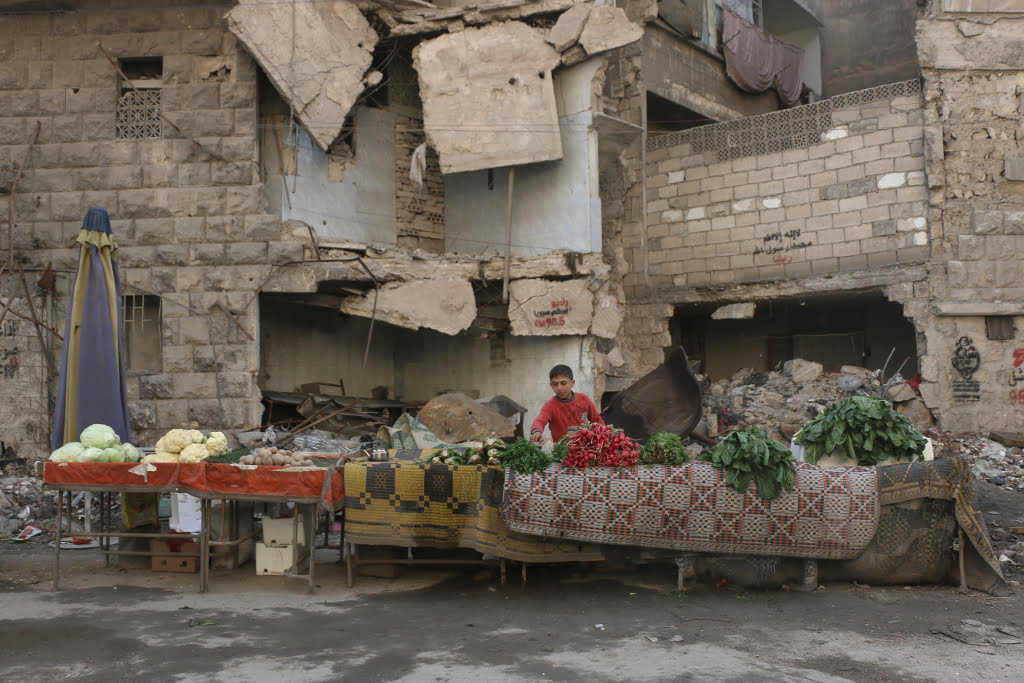
By Areej Zaher* --
The world Bank has reported that Syrian conflict till 2017 had disastrous effects on about third of the residents and half of the medical and educational institutions, as a result of the collapse of vital economical systems.
This caused the ending of 538 jobs of the first four years of the war, and unemployment levels has reached 78%. This mean, having about 9 million unemployed will bury potential risks in the long run. Besides, fuel shortage has led to electricity supplies insufficiency in vital cities, affecting a number of necessary services. The heavy losses of 5 million refugees who deported the country, education insufficiency and malnutrition all compound would cause the deterioration in work forces.
When analyzing the economical charts of the past seven years, though we can notice a recovery in economy, there will be a lasting influence hindering the recovery of this economy.
This war has torn Syria apart economically as well as socially. The increasing numbers of war victims, and the collapsing of important systems that kept the society in order are considered more challenging to reconstruct than infrastructures.
There are some research claiming that economic recovery will go up to 41% in the next four years by the end of war, comparing to the years before the conflict. Also the total loss will be 7.6 times in local production in comparison to two decades before the conflict. But in case this war lasted up to ten years, the total loss will be 13 times.
The partial recovery by the year of 2017 wasn’t reflected on people's living. Despite the raise in salaries, there is still a wide gap between incomes and prices, while prices are reaching 200 thousand Syrian pounds in comparison to 26 thousand pounds for an average salary.
More than half of the Syrian population live in poverty, and have to put up with terrible financial situations inflamed by corruption, cornering and manipulating prices. Not to mention Syrian Central Bank cash and financial policies are not making any serious steps to lower exchange rate.
Government is to blame for allowing and not preventing market cornering forces, and not chastising market manipulators, and letting them control people's living. This corruption has always been the case not only in the mean time but also before the conflict.
Despite normal activities in liberated cities are restored, there have been no serious intentions or measures to heal the public sector, especially in terms of construction and industry. When we are in need for the help and the power of the government to reconstruct, in the presence of a few forces dominating the country and taking the people for granted. For instance, the prices zoomed when private sector imported fuel oil. And though exchange rates had dropped, more duties and taxes were imposed.
On the international level, there have been some economical collaboration between Syria and Russia, according to the Syrian minister of finance, Samer Khalil, Which he affirmed on the margin of Syrian-Russian Business Forum. And mentioned that the two sides are discussing the opportunities for investment in Syria, and what Russian companies may offer. Then they discussed trade exchange, clarifying that the biggest obstacle for Russian investment is represented in the unawareness of Syrian economy's need. Adding that Syria has many options to overcome sanctions imposed by the West, like barter or exchange using local currencies.
BBC has made a report about Syrian affairs before the conflict. The numbers have demonstrated clearly that Syria was considered one of the safest countries, that made powerful steps in order to achieve inclusive development in every aspects, specially economically, before the beginning of the conflict and the collapsing economy.
Before march 2011 medical sector was covering 90% of local needs, and exporting to 54 countries around the world. And according to the government policy in terms of making access to free health care, there was an allocations of a health center in rural areas for a population of 10 thousand, and for 20 thousand people in the cities.
Illiteracy levels were remarkably low, only 5%, before the destruction of over than 7 thousand schools within the war. While this number was 21 thousand prior to the conflict.
In 2010 Electricity product has reached 64 billion kilowatt-hour, that not only covered the local need but the excessive of product was exported to neighboring Lebanon too.
Aleppo governorate came first in work forces going up to 94%. Besides, in 2010 local product has reached 64 billion dollars, while the government invested in 22% of total product. And oil sector production has reached the 27th place worldwide, exceeding 400 thousand barrels a day. which made 7% of the total income.
Unemployment levels which were only 8.4% before war, are now biggest than ever. Especially after the destruction of 113 thousand industrial institutions, 35 thousand of them were in Aleppo.
*Areej Zaher is a Syrian writer.

